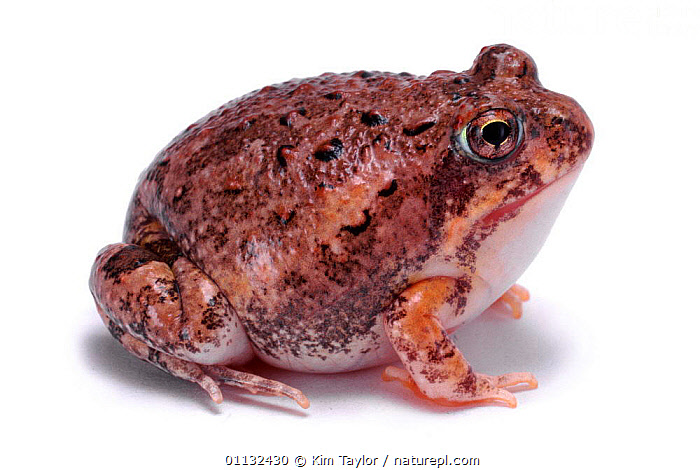Locate Your Perfect Rain Frog for Sale: Dive into the World of Unique Amphibians!
Locate Your Perfect Rain Frog for Sale: Dive into the World of Unique Amphibians!
Blog Article
Common Health Issues in Reptiles: Signs And Symptoms and Solutions
In the complex globe of reptile care, comprehending the usual wellness concerns that might impact these special creatures is paramount in guaranteeing their health. From breathing infections that can silently take hold to metabolic bone diseases that can incapacitate, reptiles are susceptible to a variety of conditions that need keen observation and prompt intervention. Whether it's facing parasitic problems, navigating dehydration issues, or addressing skin disorders that show up in refined ways, being attuned to the signs and symptoms and geared up with the understanding of efficient options is important for any reptile owner. By delving further into the nuances of these wellness issues and discovering the practical solutions readily available, one can protect the wellness and vitality of these fascinating animals.
Breathing Infections
Respiratory system infections in reptiles can considerably impact their general health and call for timely focus from experienced vets. In reptiles, breathing infections can be specifically testing to detect and deal with due to their distinct composition and physiology.
Treatment for breathing infections in reptiles commonly entails a combination of supportive care, such as preserving correct moisture degrees and temperature level gradients in the enclosure, in addition to targeted drug to deal with the certain microorganism liable for the infection. It is vital for reptile proprietors to monitor their family pets very closely for any type of indications of respiratory distress and look for vet care at the earliest indicator of an issue. With timely treatment and proper therapy, several reptiles can recuperate fully from breathing infections and resume regular tasks.

Metabolic Bone Disease
What factors add to the growth of Metabolic Bone Condition in reptiles?
Metabolic Bone Illness (MBD) in reptiles is largely triggered by an absence of appropriate calcium, phosphorus, and vitamin D3 levels in their diet regimen. In addition, poor exposure to UVB light avoids reptiles from manufacturing vitamin D3, which is crucial for calcium absorption and bone health.
Other contributing factors to MBD include inappropriate temperature slopes within the reptile's habitat, causing lowered metabolic rate and damaged calcium absorption. Not enough moisture degrees can also influence a reptile's ability to metabolize calcium successfully. Certain reptile varieties have details nutritional requirements that, if not met, can enhance the probability of establishing MBD. Routine veterinary examinations, appropriate husbandry methods, and a well balanced diet regimen are necessary to stop Metabolic Bone Condition in reptiles.
Parasitical Problems
Parasitical invasions posture a considerable wellness risk to reptiles, impacting their total health and calling for timely vet focus. Reptiles can be influenced by numerous parasites, consisting of mites, ticks, interior worms, and protozoa. These parasites can trigger a series of signs, such as weight loss, lethargy, skin irritation, diarrhea, and even death if left unattended.
One typical parasite found in reptiles is the mite, which can create skin stress, anemia, and irritability. Ticks are an additional exterior parasite that can create and transmit conditions pain to the reptile. Inner bloodsuckers like worms and protozoa can lead to digestive system issues, malnutrition, and weaken the reptile's body immune system.
To diagnose a parasitical problem, a vet may perform fecal examinations, skin scrapings, or blood examinations. Treatment commonly entails deworming medications, antiparasitic baths, or in severe cases, hospitalization. Preventative procedures such as normal veterinary check-ups, appropriate hygiene, and quarantine treatments for brand-new reptiles can assist decrease the risk of parasitical invasions and make certain the well-being of reptile family pets.
Dehydration and Hydration Issues
Dehydration in reptiles can dramatically affect their health and wellness, demanding prompt intervention and proper hydration administration. Reptiles are susceptible to dehydration due to various factors such as poor water intake, high ecological temperature levels, and particular wellness problems. Symptoms of dehydration in reptiles include sunken eyes, lethargy, loss of skin flexibility, and lowered urination. If left untreated, dehydration can result in significant health problems and even be deadly to the reptile.
To avoid dehydration, reptile proprietors must guarantee that their family pets have access to tidy water whatsoever times. The water dish need to be huge enough for the reptile to take in if needed, especially for varieties that absorb water with their skin. Furthermore, preserving correct moisture degrees in the reptile's enclosure and giving regular baths can assist avoid dehydration.
In instances of dehydration, it is crucial to seek vet treatment quickly. A veterinarian may provide fluids either orally or with shots to rehydrate the reptile. It is vital to attend to the underlying reason for dehydration to stop reoccurrence and guarantee the reptile's general wellness.
Skin Ailments

Verdict

Respiratory system infections in reptiles can significantly affect their total health and wellness and require you can try this out punctual interest from experienced veterinarians (rain frog for sale). Preventative actions such as routine vet examinations, correct health, and quarantine treatments for brand-new reptiles can help lessen the threat of parasitic problems and ensure the health of reptile pet dogs
If left untreated, dehydration can lead to serious wellness concerns and even be deadly to the reptile.
Regularly evaluating your reptile for any kind of changes in skin structure, appearance, or color can aid in very early detection and therapy of skin conditions, advertising the general health and wellness of your scaly friend. - rain frog for sale
In conclusion, reptiles are vulnerable to various health problems such as respiratory system infections, metabolic bone condition, parasitical infestations, dehydration, and skin disorders.
Report this page